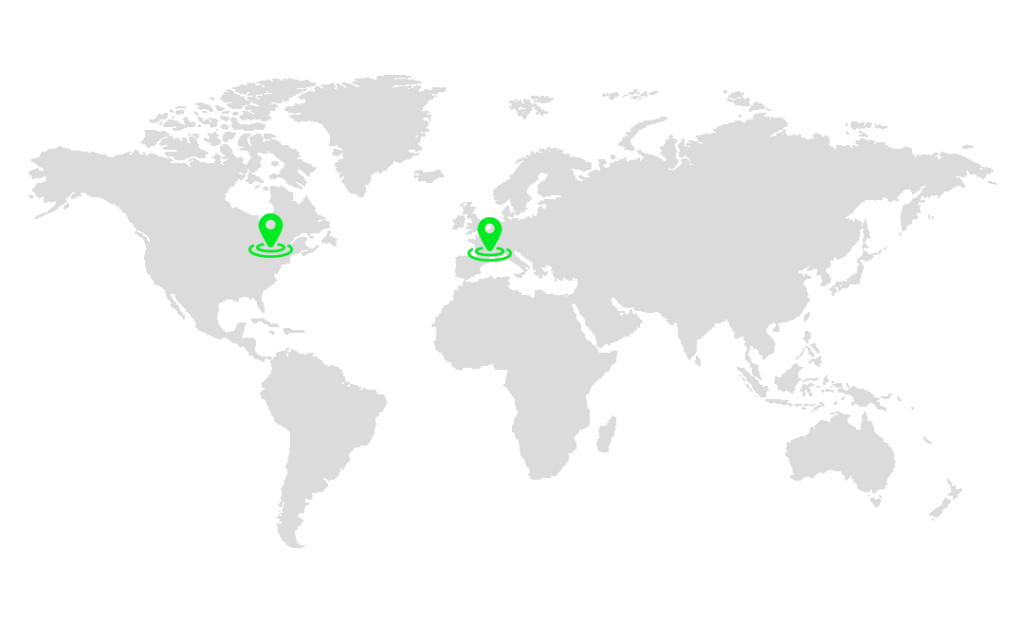In a previous blog, we talked about the effects of our diet and food production on greenhouse gases and how we can reduce our emissions by making small changes to have an environmental impact. Today we will look at our online activities and how they relate to greenhouse gas emissions.

Online Activities and Carbon Footprint
It is often easy to neglect the carbon footprint of our online activities. After all, many don’t consider the mass amount of energy consumed to power up Search Engines or keep Facebook, Twitter and other social media data centers operational.
Looking at just Google, it is estimated that each search emits 0.2 g of CO2 Emissions. This seems like a tiny amount of emissions until you realize there are approximately 3.2 billion internet searches on Google, which adds up to 640 metric tons of greenhouse gas emissions.
Every day an average internet user spends hours online, and the internet consists a large portion of our work and personal life, which makes internet activities unavoidable. However, there are ways to have a more sustainable internet and online life.

Sustainable Internet and Online Life
One way to have an environmental impact is to use search engines that are more environmentally friendly. For instance, Ecosia is a carbon-negative internet search engine, meaning they aren’t just carbon neutral; they positively impact the environment. By planting trees and carbon offsetting its energy consumption with renewable energy projects.
Although Internet carbon dioxide emissions are unavoidable at the moment, many companies are trying to reduce their emissions by using more energy-efficient data centers and offsetting their emissions by investing in carbon-reducing projects.






